- B&B and self-contained rooms in converted lightkeepers cottages
- Affordable city hotel in former 1910s warehouse
- Contemporary boutique hotel featuring a converted classical mansion
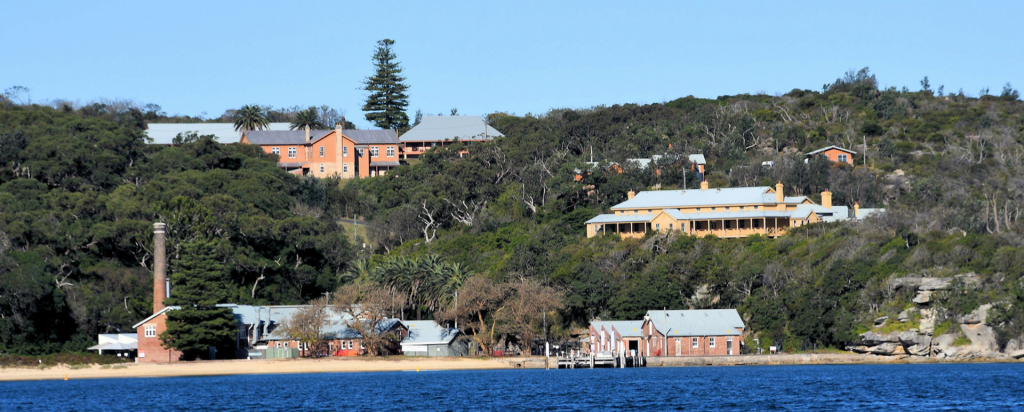
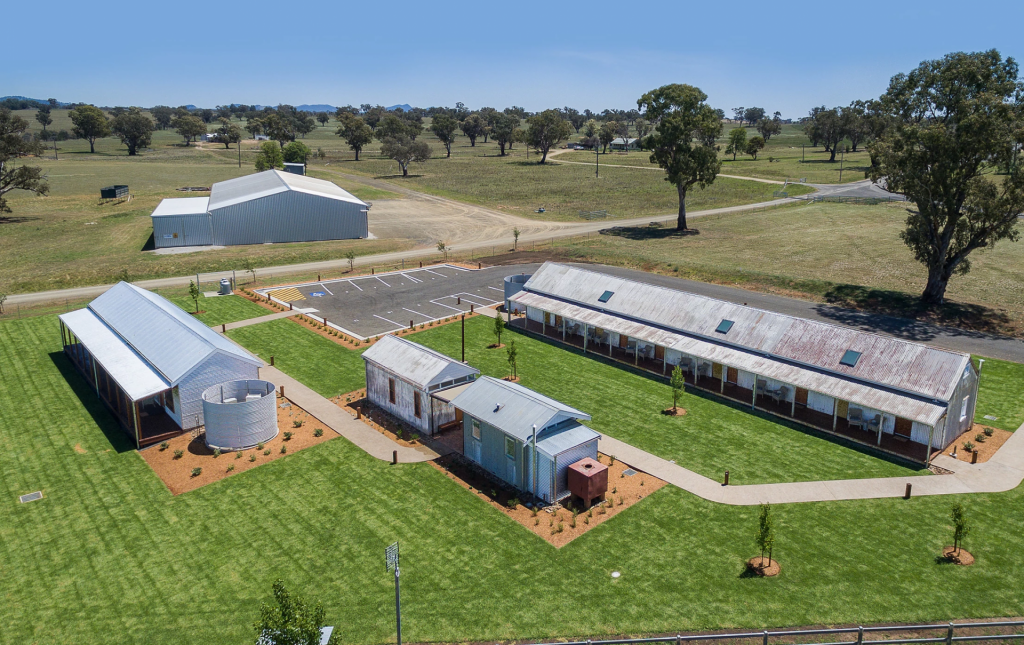
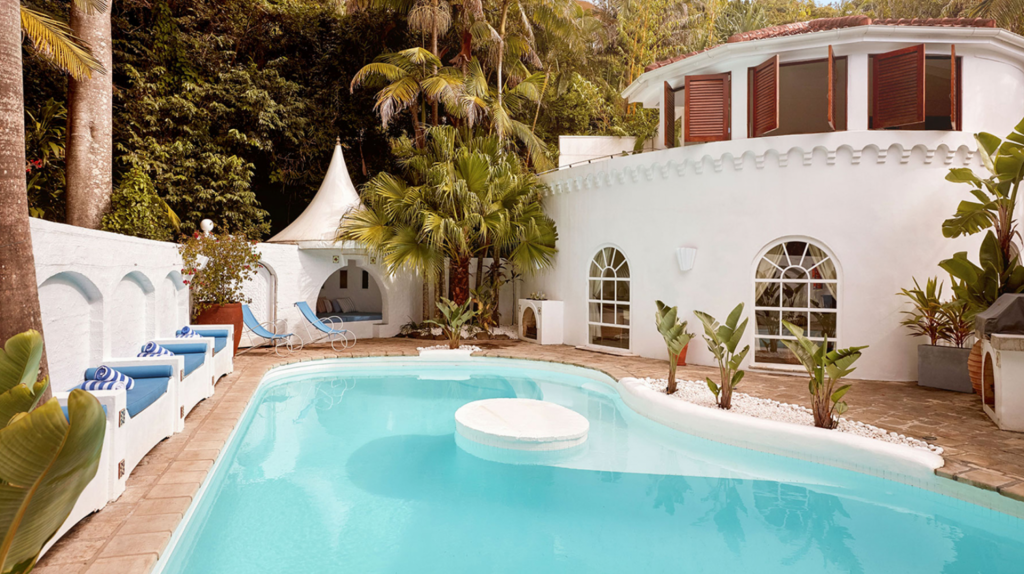
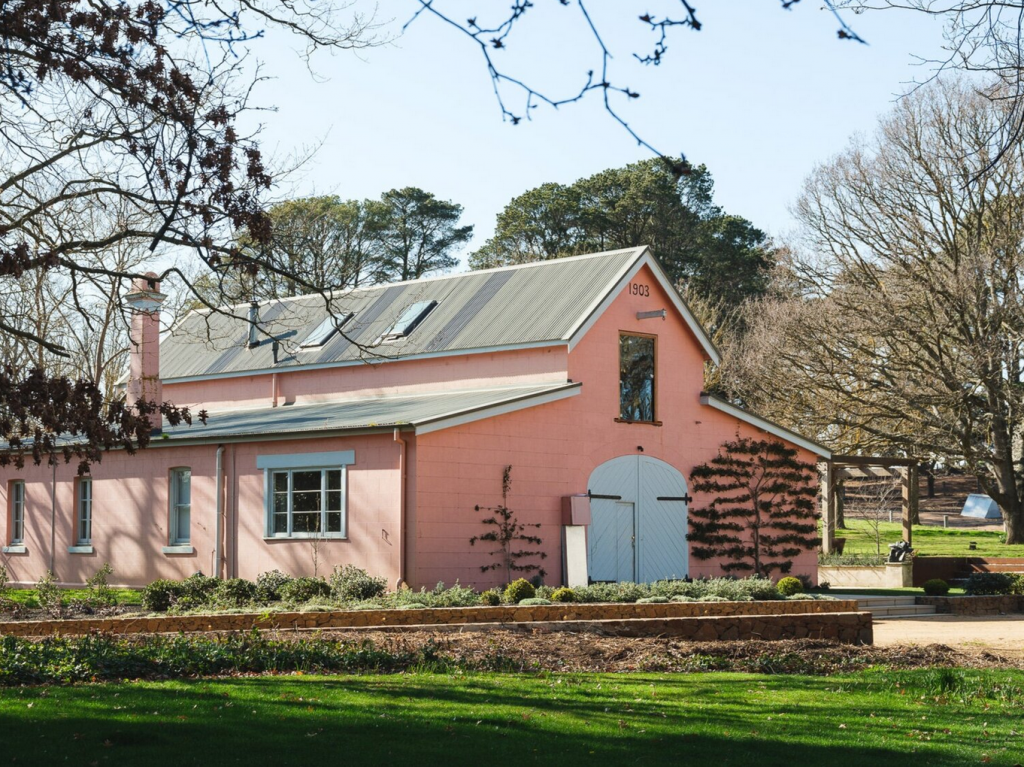
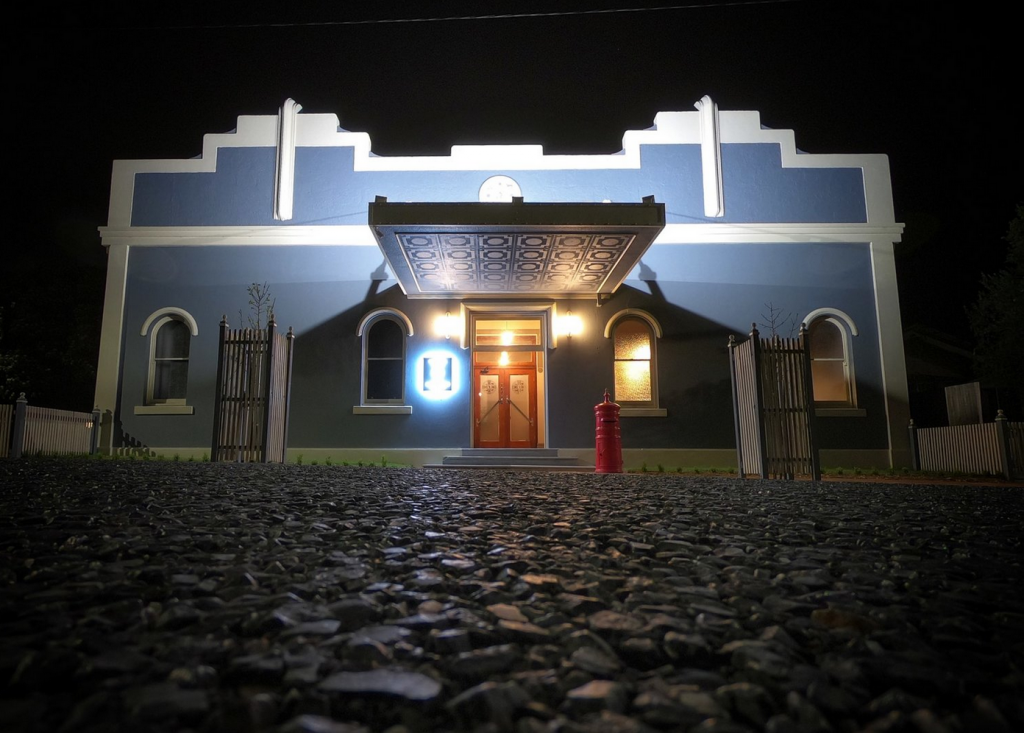
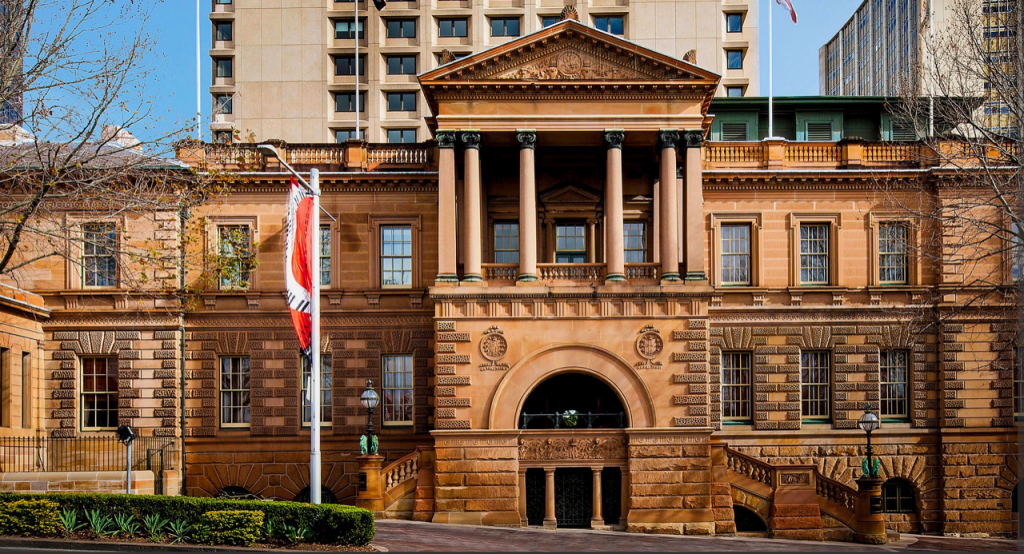
Indulge your sense of adventure and discovery at one of Accommodari’s ® featured properties
Explore the fabulous richness & diversity of Accommodari properties.
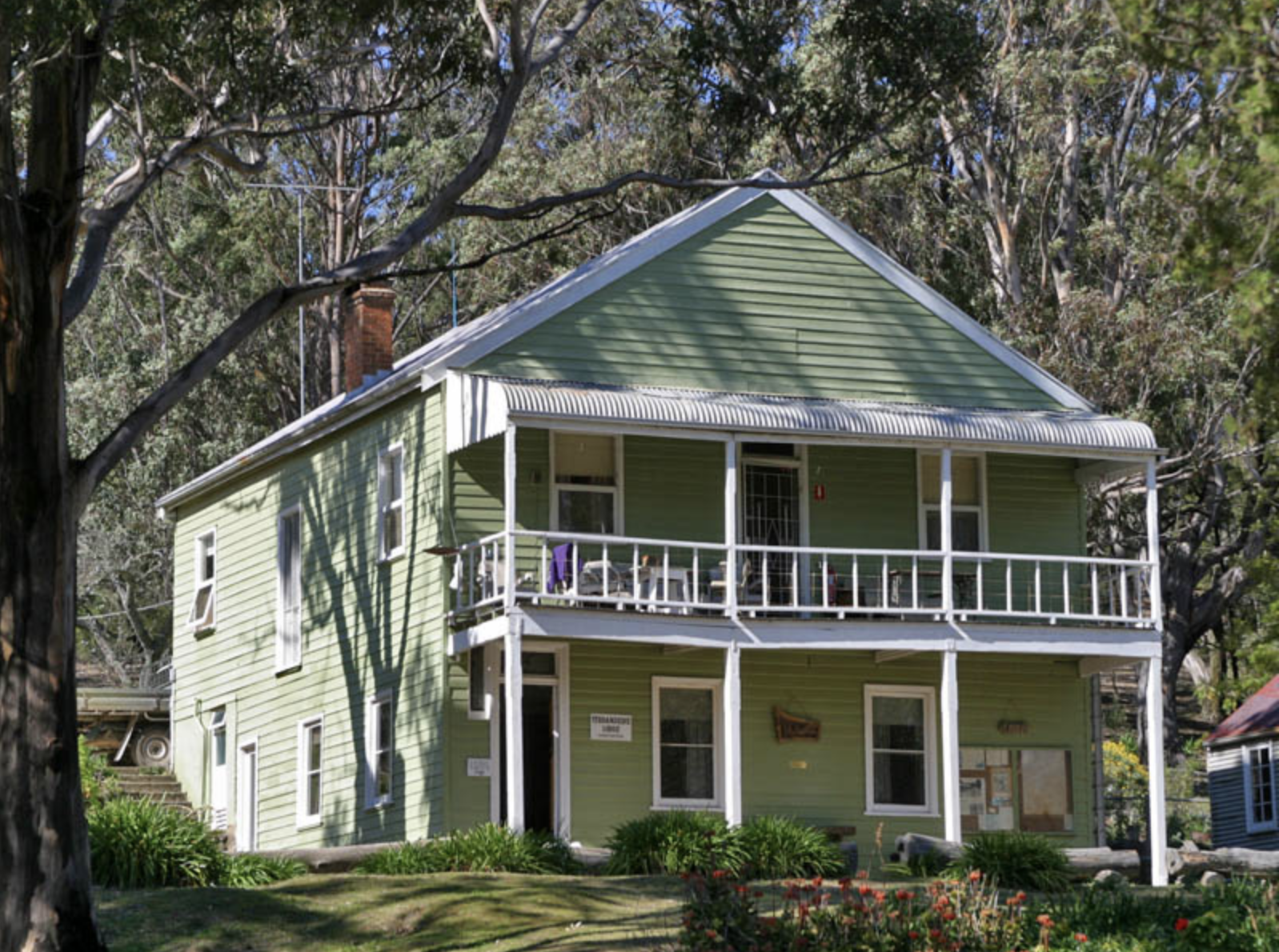
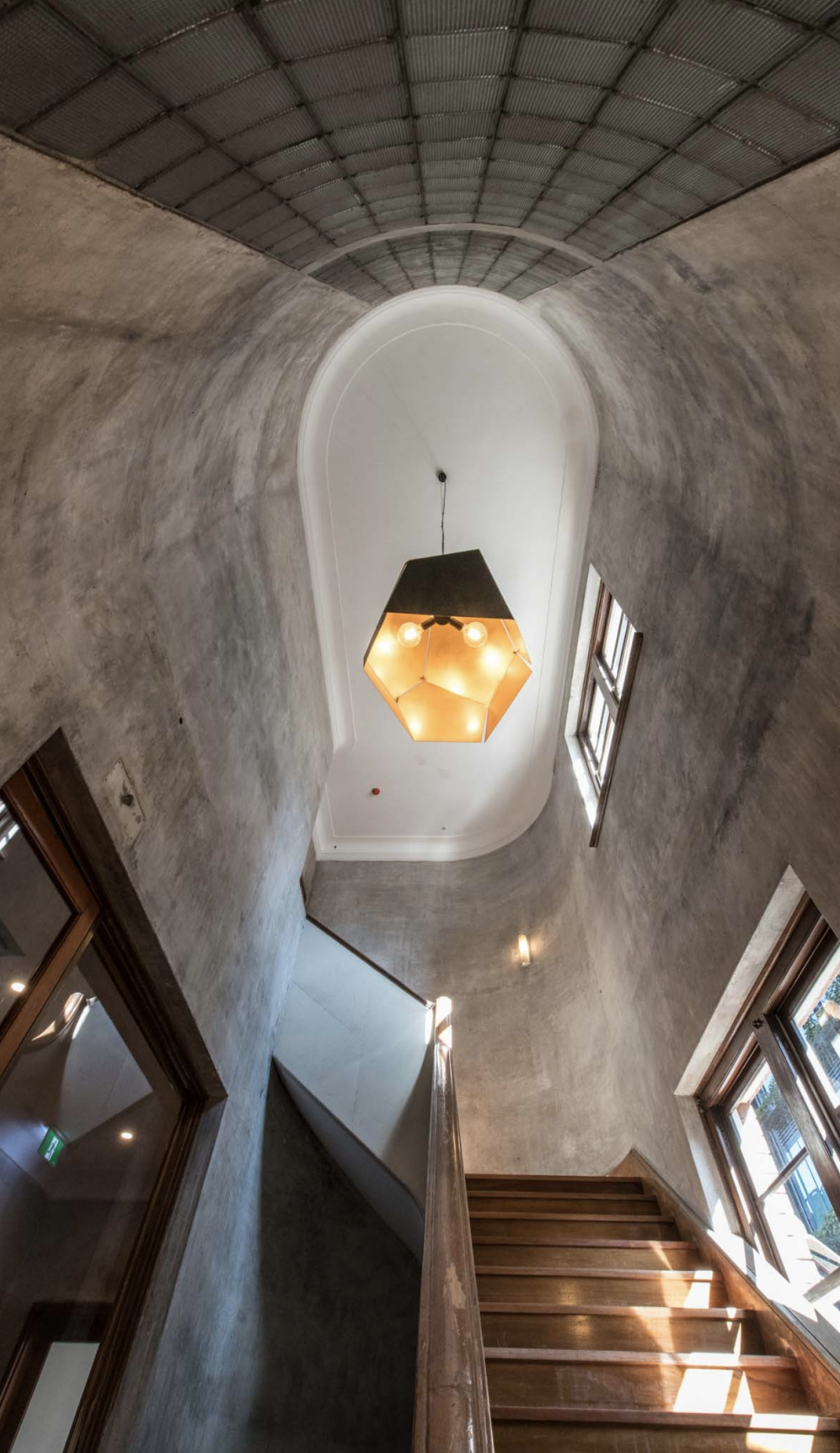
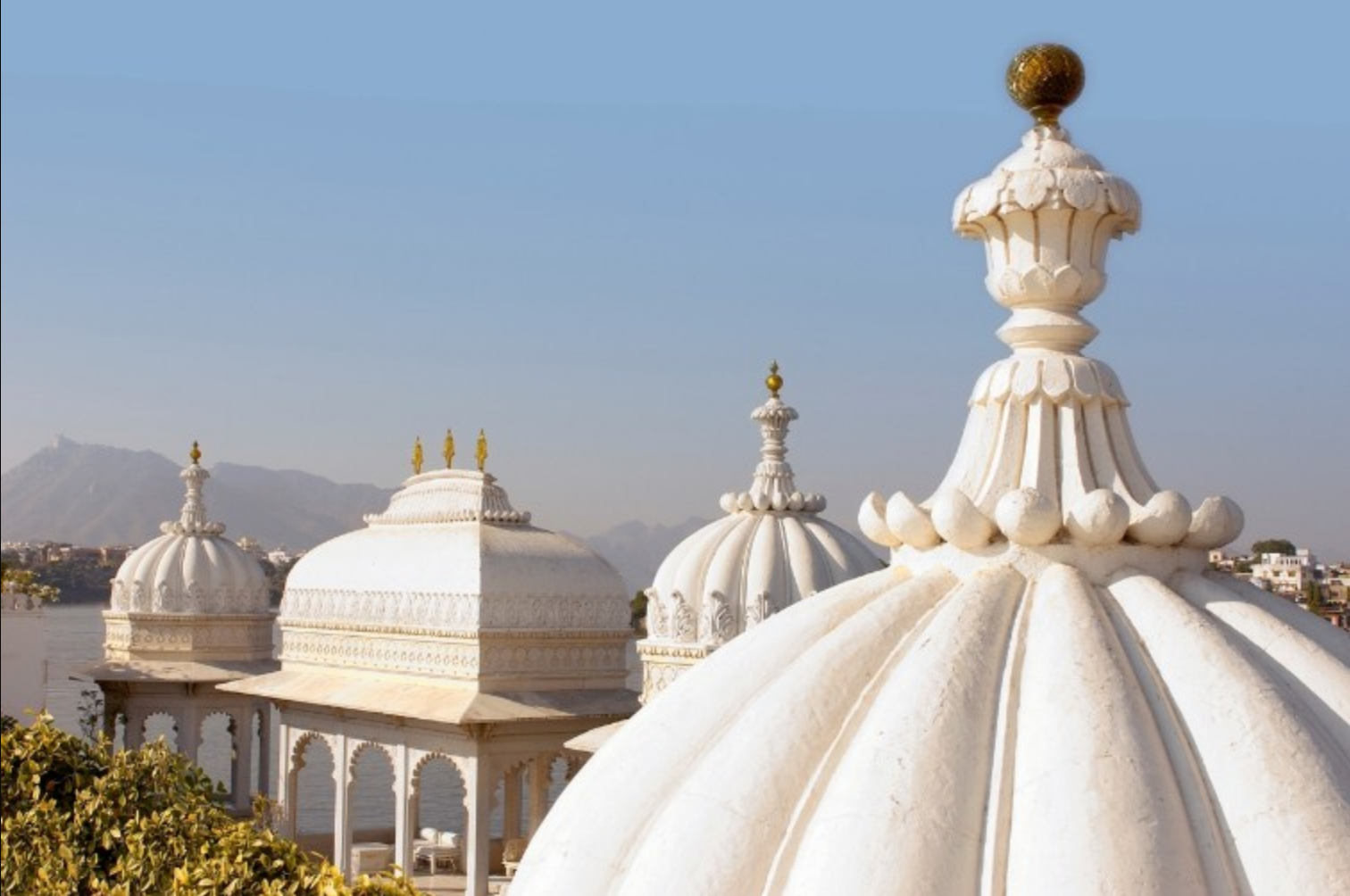

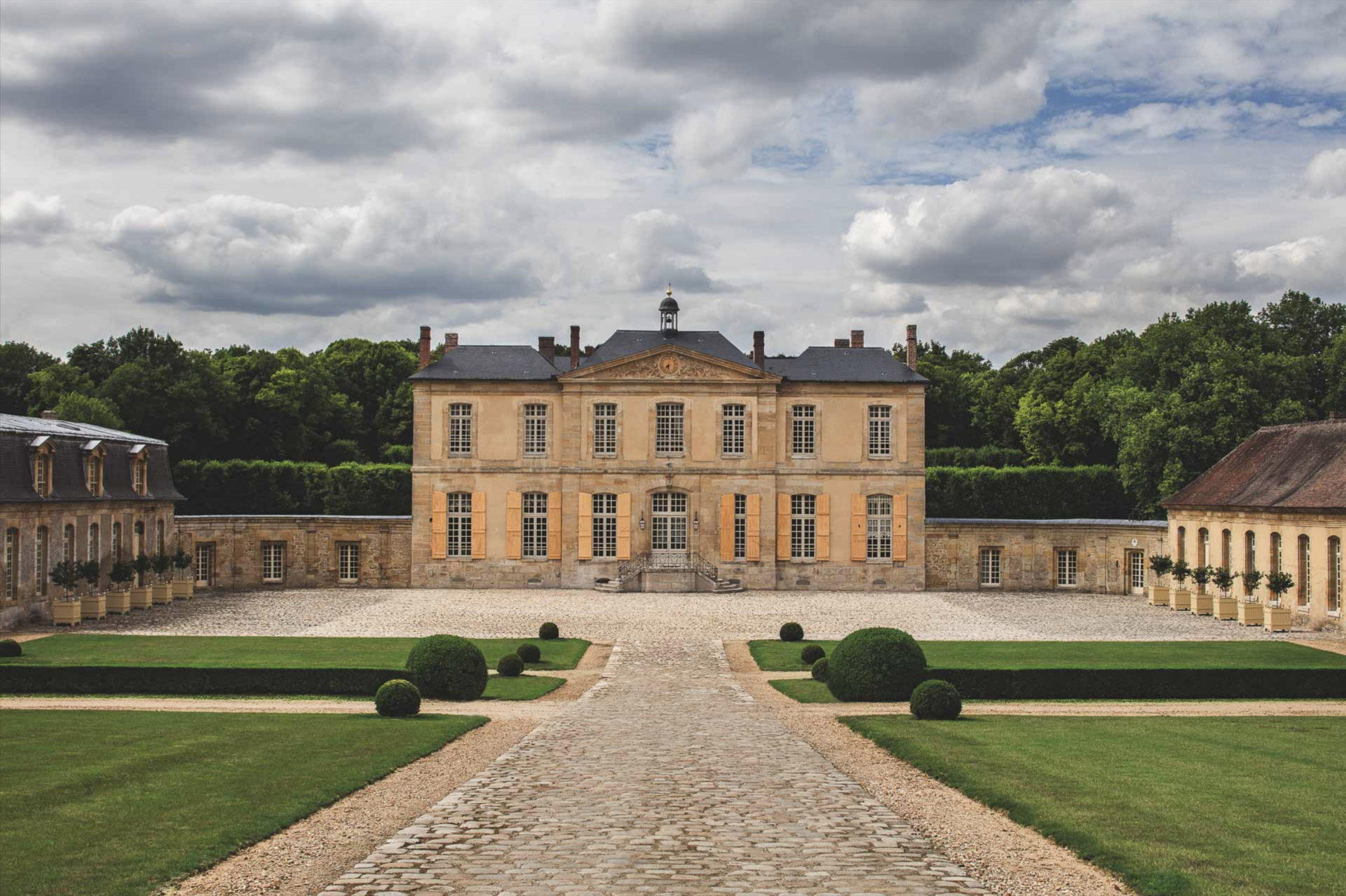
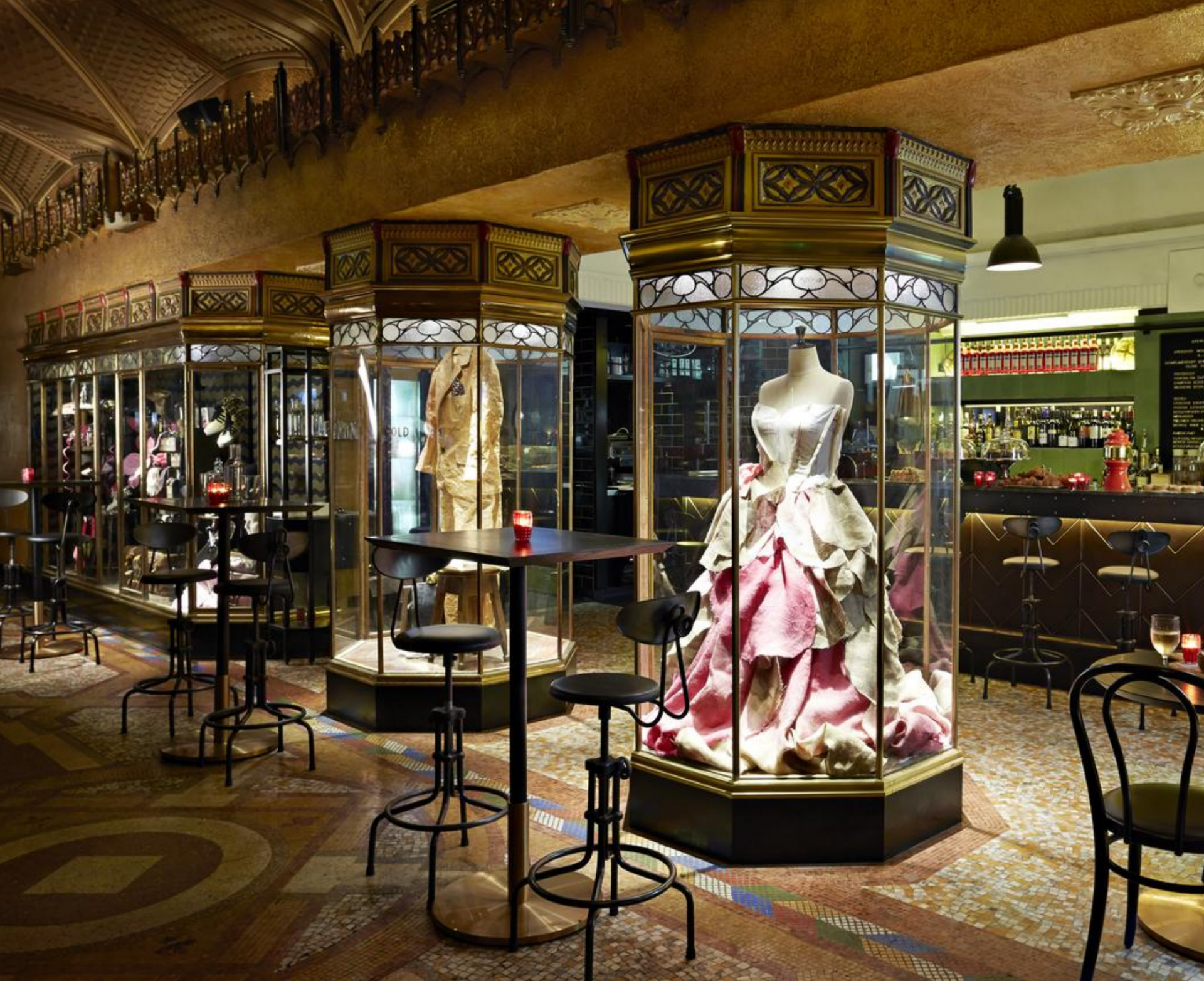
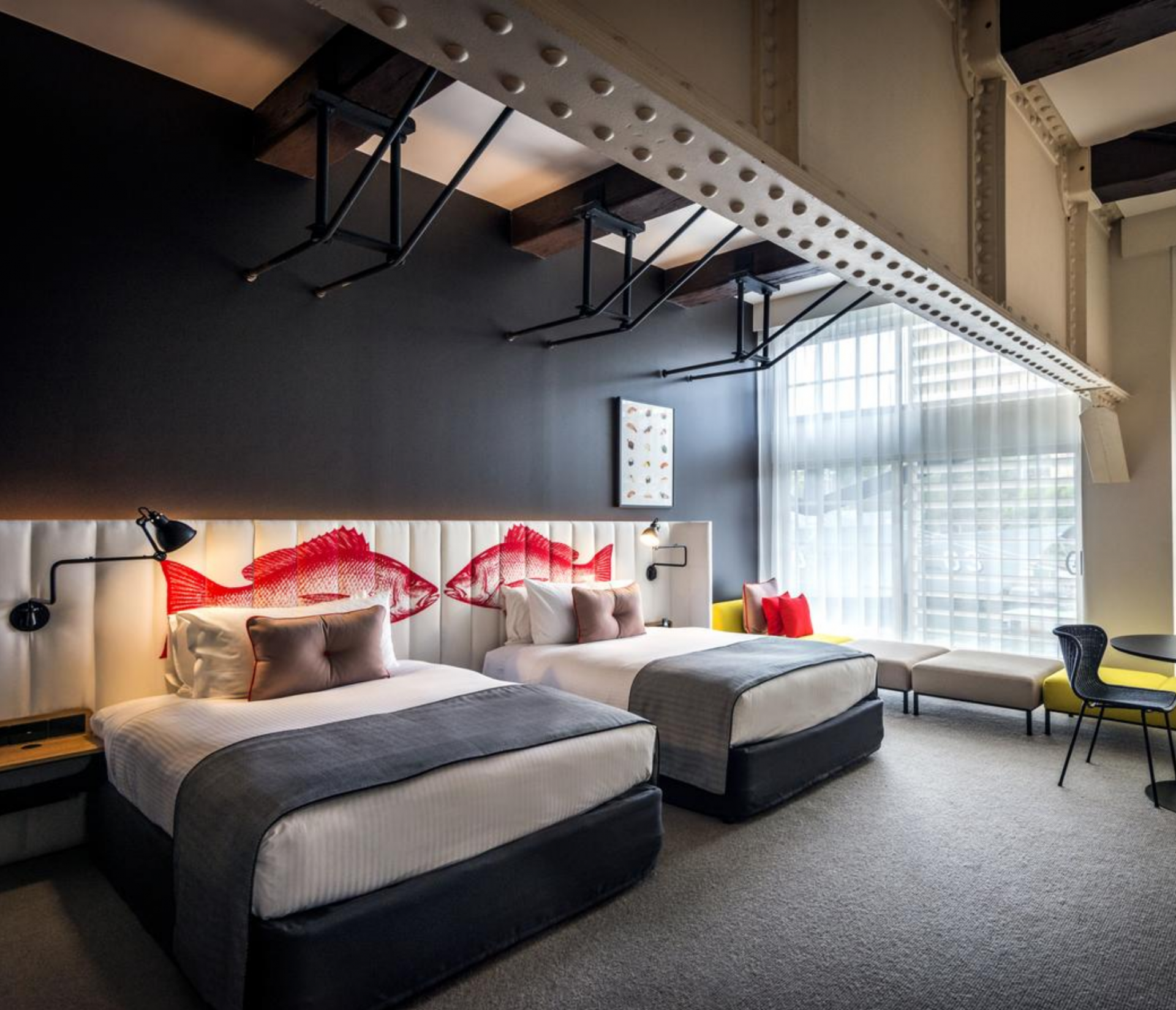


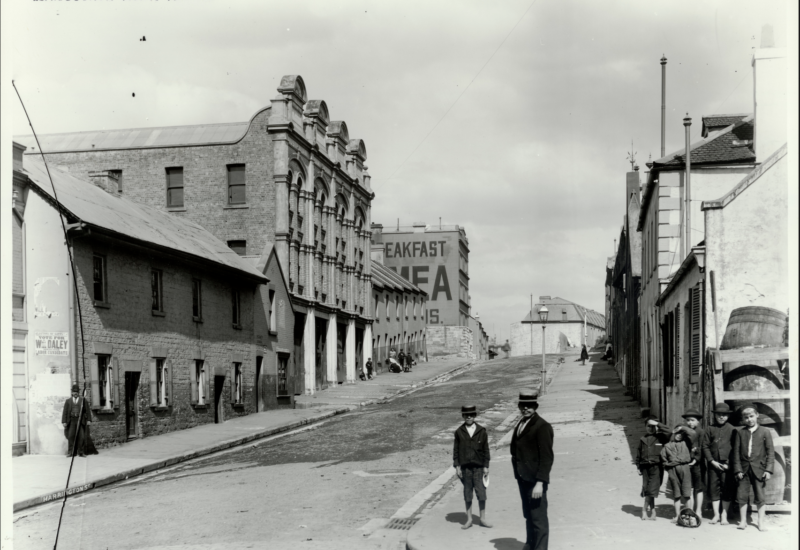
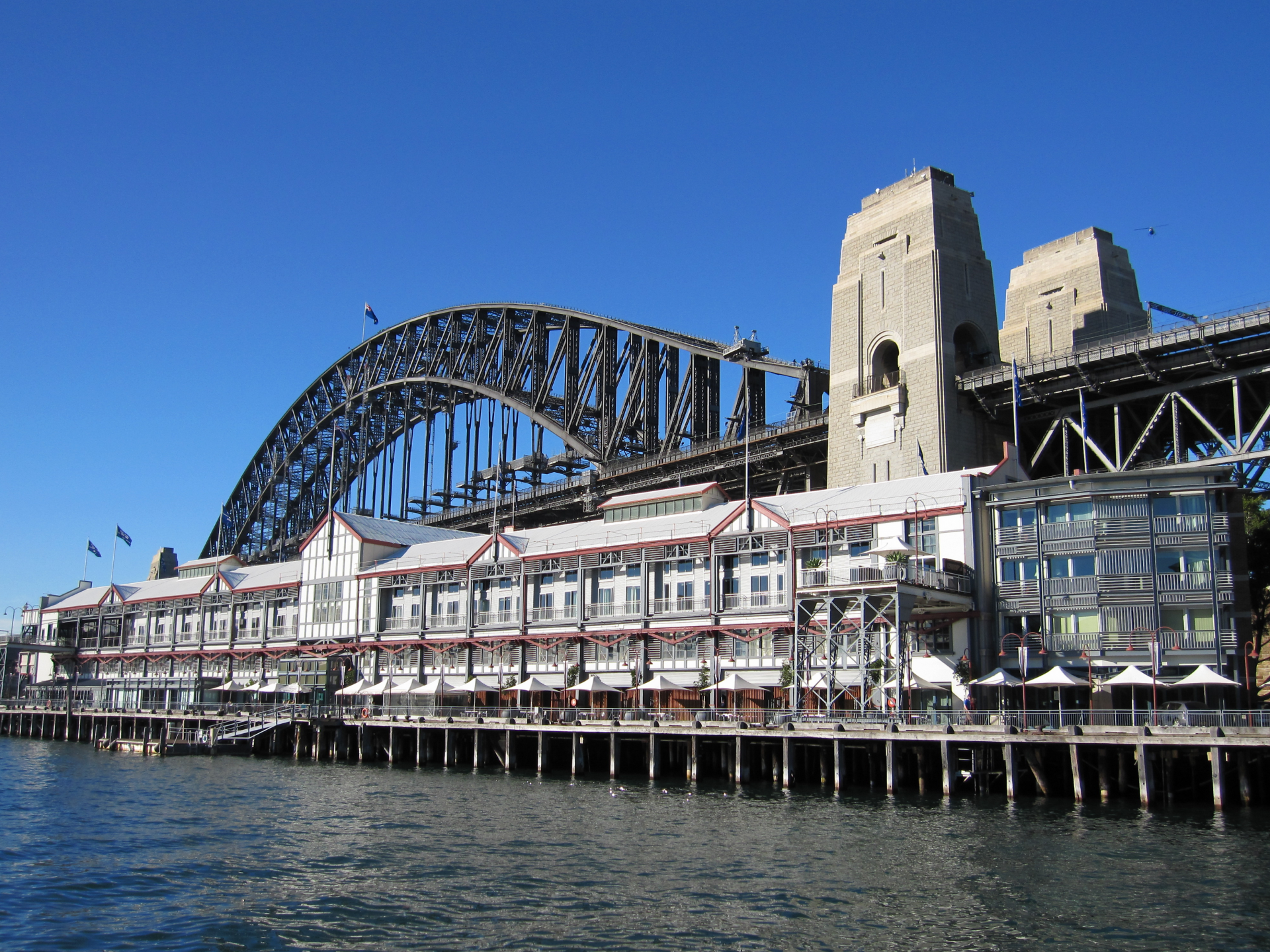
Places to stay have been converted from buildings of every conceivable type …. residential, commercial, industrial, ecclesiastical, retail, government, public, agricultural ….. for thousands of years.
Buildings of every style, size & configuration have been adapted ….. small Georgian cottages, mid-sized Victorian warehouses, large modernist office buildings ……

The fate of buildings including places to stay have been impacted by a wide range of “influencers” …… developers, owners, operators, guests, local residents, investors, designers, authorities, governments, tourism industry, airlines, corporations, entrepreneurs, visionaries, lobbyists.

Tourism is one of the world’s largest industries which has suffered enormously during the Covid pandemic.
Throughout history however, tourists have shown remarkable resilience & willingness to travel despite challenges.
With the rollout of Covid vaccinations, travellers will be seeking unique & authentic experiences which Accommodari properties provide.
“Tourists” are not just those who travel for leisure ….. they also include anyone staying at least one night away from home for any purpose except employment …… business, events, education, pilgrimage, wellness …..

Buildings of all types have been subject to adaptive reuse for centuries often in a number of cycles of decline & rebirth with different uses.
Buildings change use due to redundancy or obsolescence and when considered a superior option to demolition.
Adaptive reuse can include elements of new construction, demolition, alterations, additions, conservation, restoration, refurbishment, renovation or reconstruction.
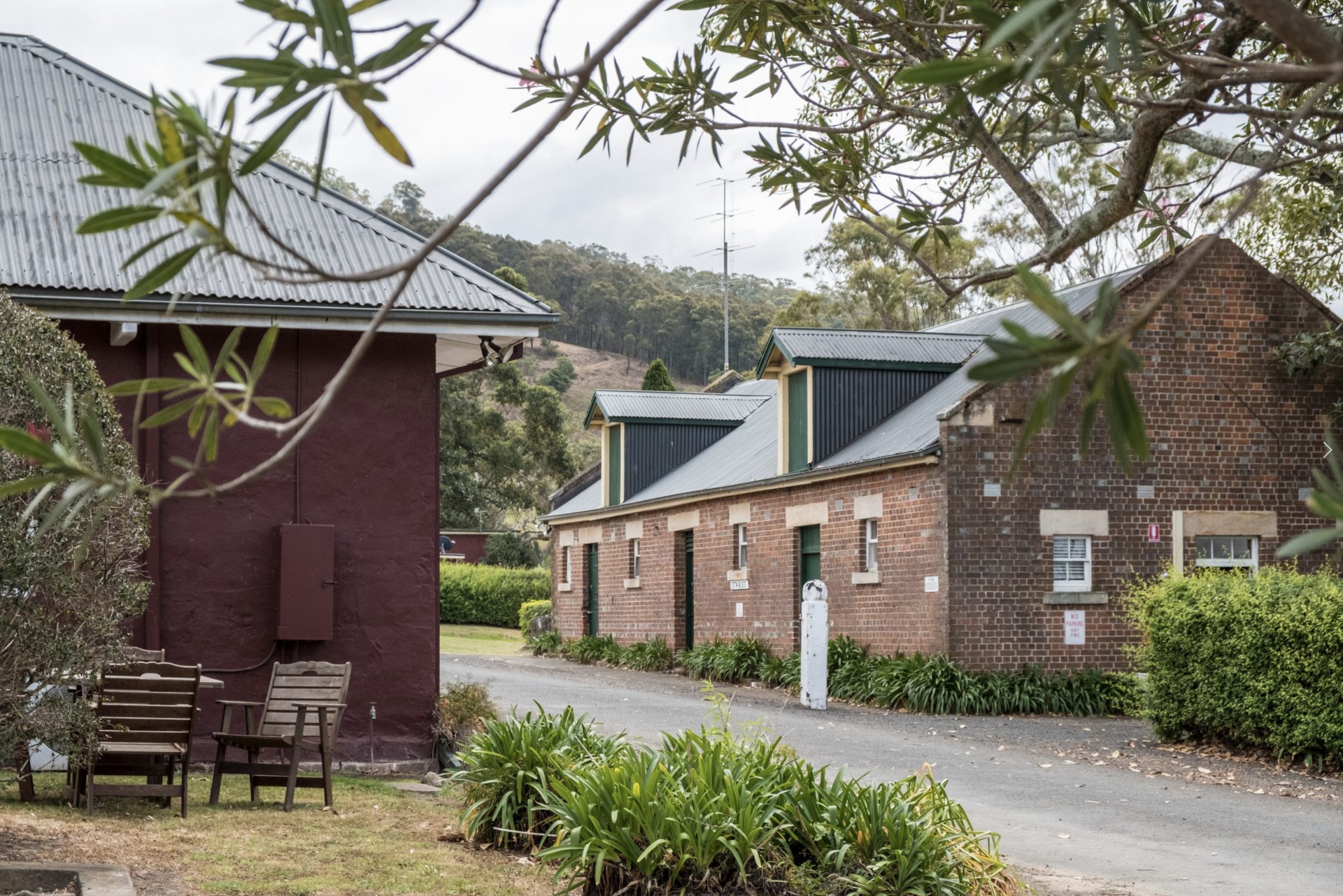
All types of visitor accommodation have been created from the adaptation of heritage buildings ….. hotels, backpacker hostels, guesthouses, B&B, serviced apartments, resorts, self-catering accommodation, farmstays, resorts and pubs with rooms
….. ranging from boutique to huge, basic to indulgent, urban rural or wilderness, branded or independent, short or long stay, low or high rise, full limited or self service, business or leisure …..
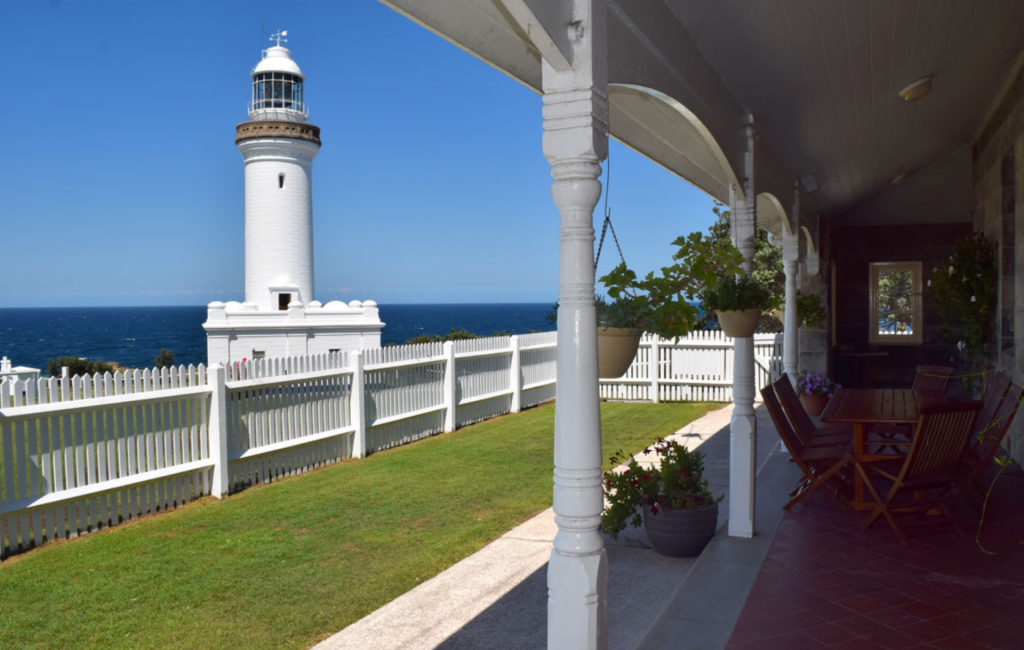
Accommodation is well suited for the adaptation of heritage buildings as the uniqueness or quirkiness of existing buildings forms part of the character, marketability & guest experience.
They are often located in places with high tourist demand and where new developments are restricted or difficult.
The emergence of Accommodari properties dovetails with the trends towards boutique authentic experiences and “travel with meaning” and also cater to the full spectrum of travel budgets.
History permeates the world of Accommodari ® which embraces the cycle of birth, decline & renaissance of building throughout history. Buildings of all types, styles, sizes, locations …..
Spanning the extraordinary evolution of tourism in it’s broadest sense and its influence on visitor accommodation of all types & sizes.
Celebrating the fascinating stories of people, communities, places & buildings and their influence on each other.
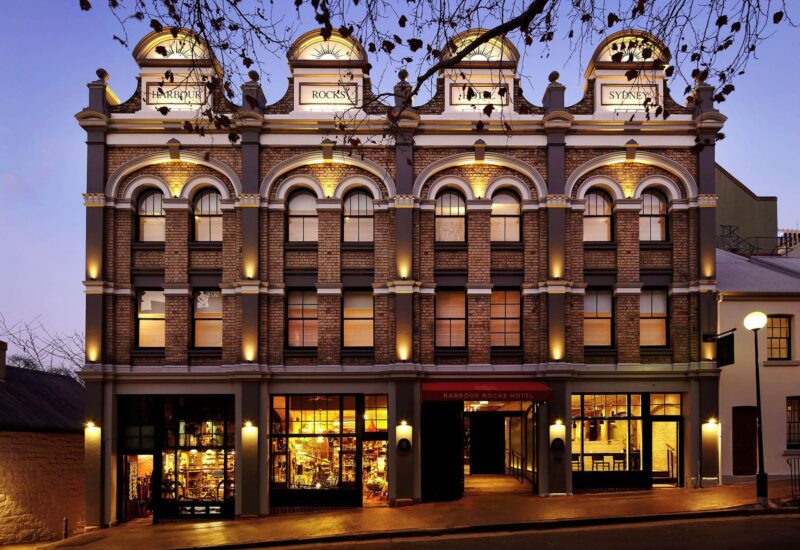
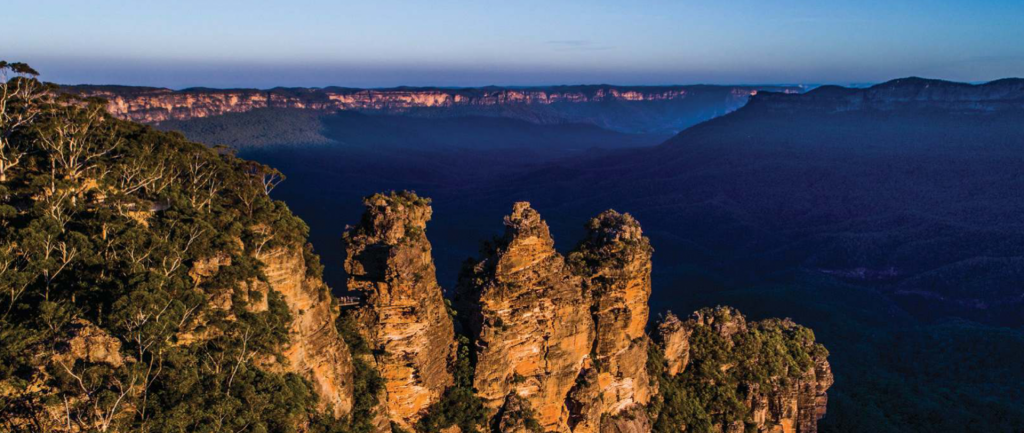 Sustaining the environment is one of the 3 pillars of sustainability. Reusing existing buildings is inherently sustainable as it minimises waste, the loss of stored energy, and the manufacture and transportation of new materials.
Sustaining the environment is one of the 3 pillars of sustainability. Reusing existing buildings is inherently sustainable as it minimises waste, the loss of stored energy, and the manufacture and transportation of new materials.
Adaptive reuse of buildings often includes the upgrade of services & systems to contemporary environmental standards.
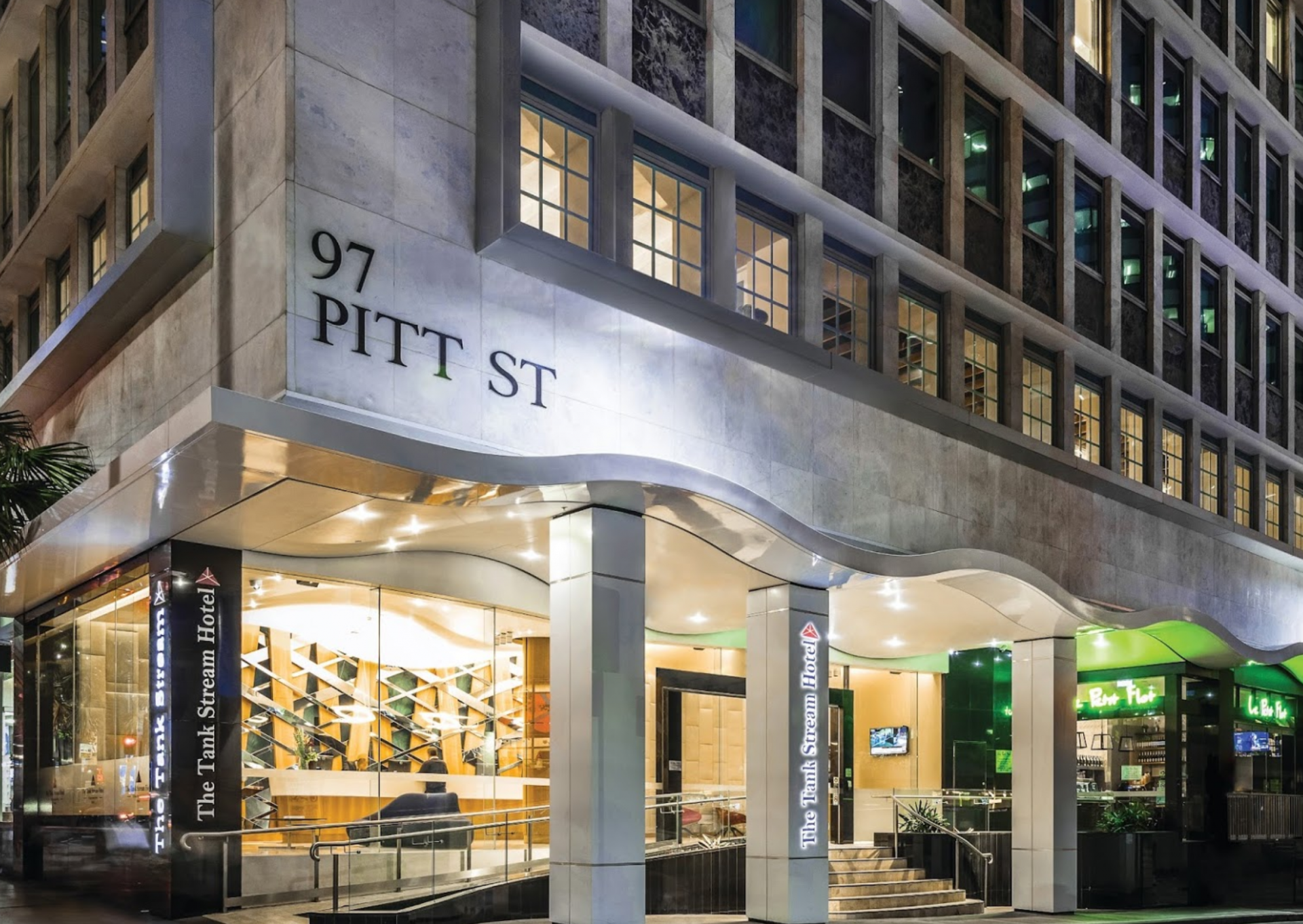
Sustaining the economy is one of the 3 pillars of sustainability.
Retaining & reusing existing buildings is inherently more cost effective & value adding than demolition and new construction due to time and material costs related to manufacture, transport and installation.
Earlier completion reduces holding costs, finance costs and lost revenues.
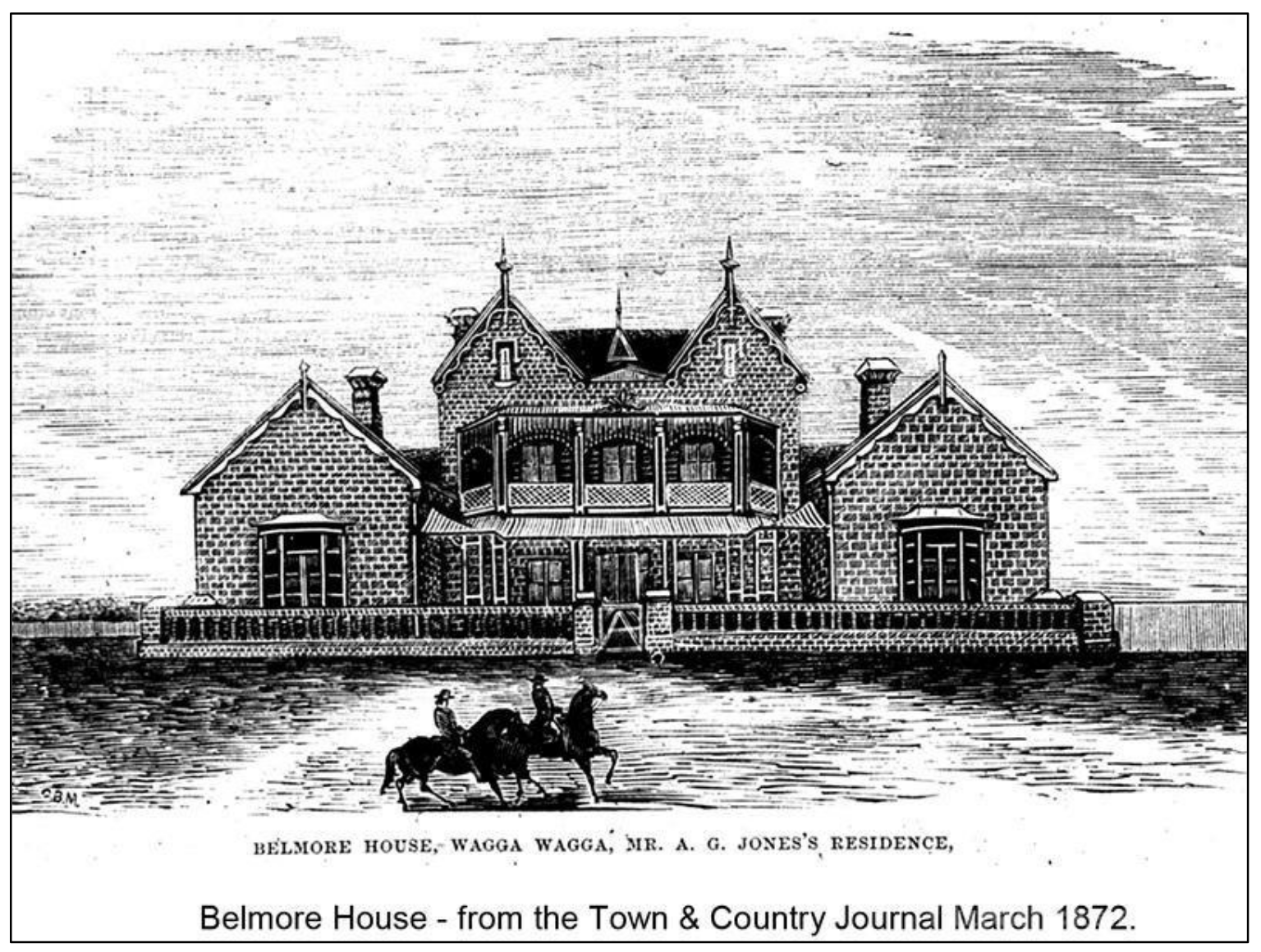
Buildings have a massive impact on a sustainable world. Retaining existing buildings contributes to all 3 attributes of sustainability – nature, economy and society.
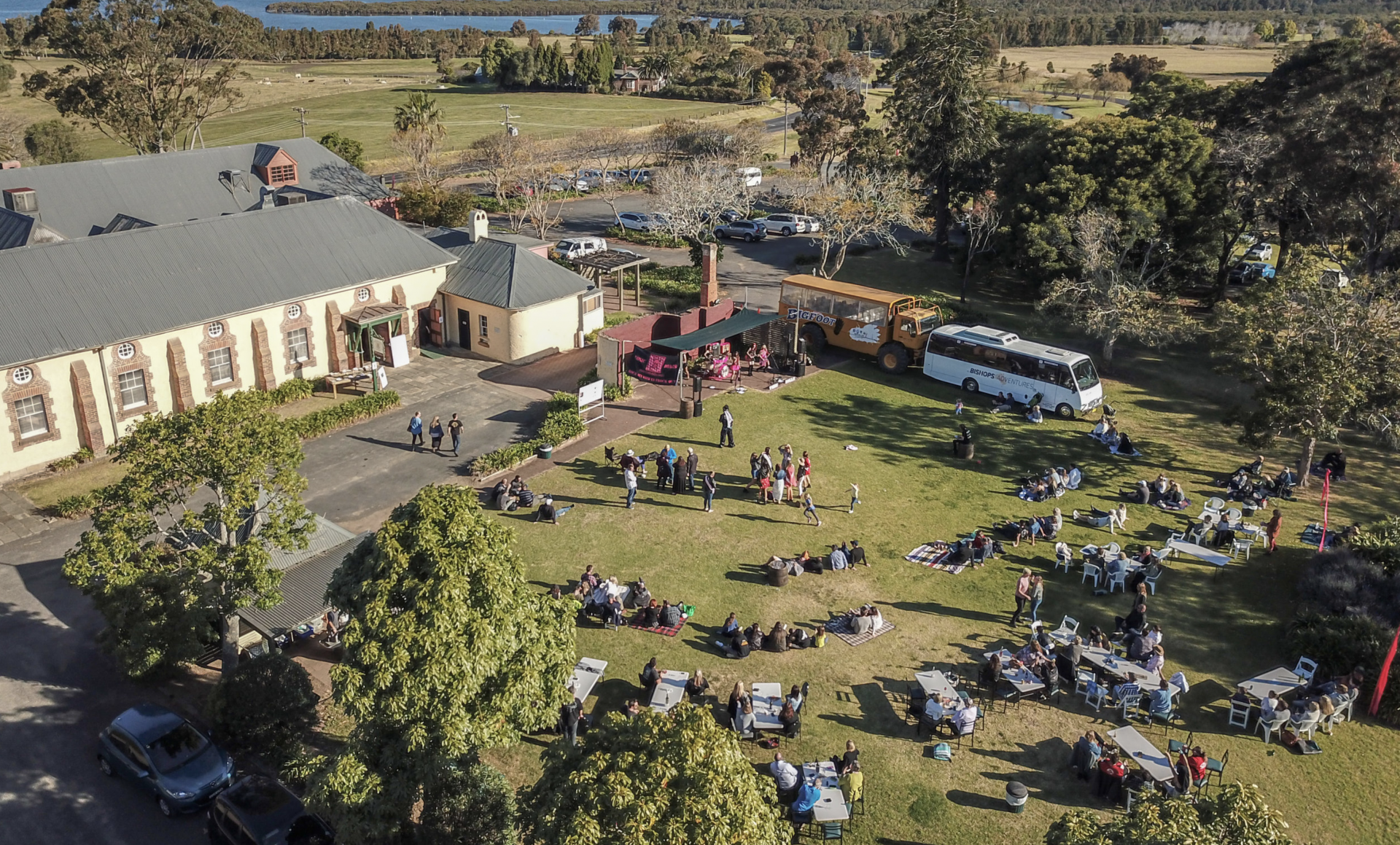
Places to stay adapted from heritage buildings contribute positively to sustainable tourism which is vital for a sustainable world.
The growing size, spread, depth and diversification of tourism is perfectly catered to by the spectacular range & prevalence of adapted accommodation.
They have the ability to both respond to & create tourism demand in all corners of the globe.

The awareness, appreciation, value & reinvigoration of heritage is critical to a sustainable world.
Heritage embraces not just the built environment but also cultural, social & environmental heritage, so vital to tourism.
Many Accomodari properties have formal heritage listings in their national, regional or local communities, whilst ALL of them have heritage qualities due to their survival.
Heritage properties are well suited for adaptation to accommodation, with Government owned or operated heritage properties particularly well suited due the fundamentally public nature of hospitality welcoming anyone & everyone.
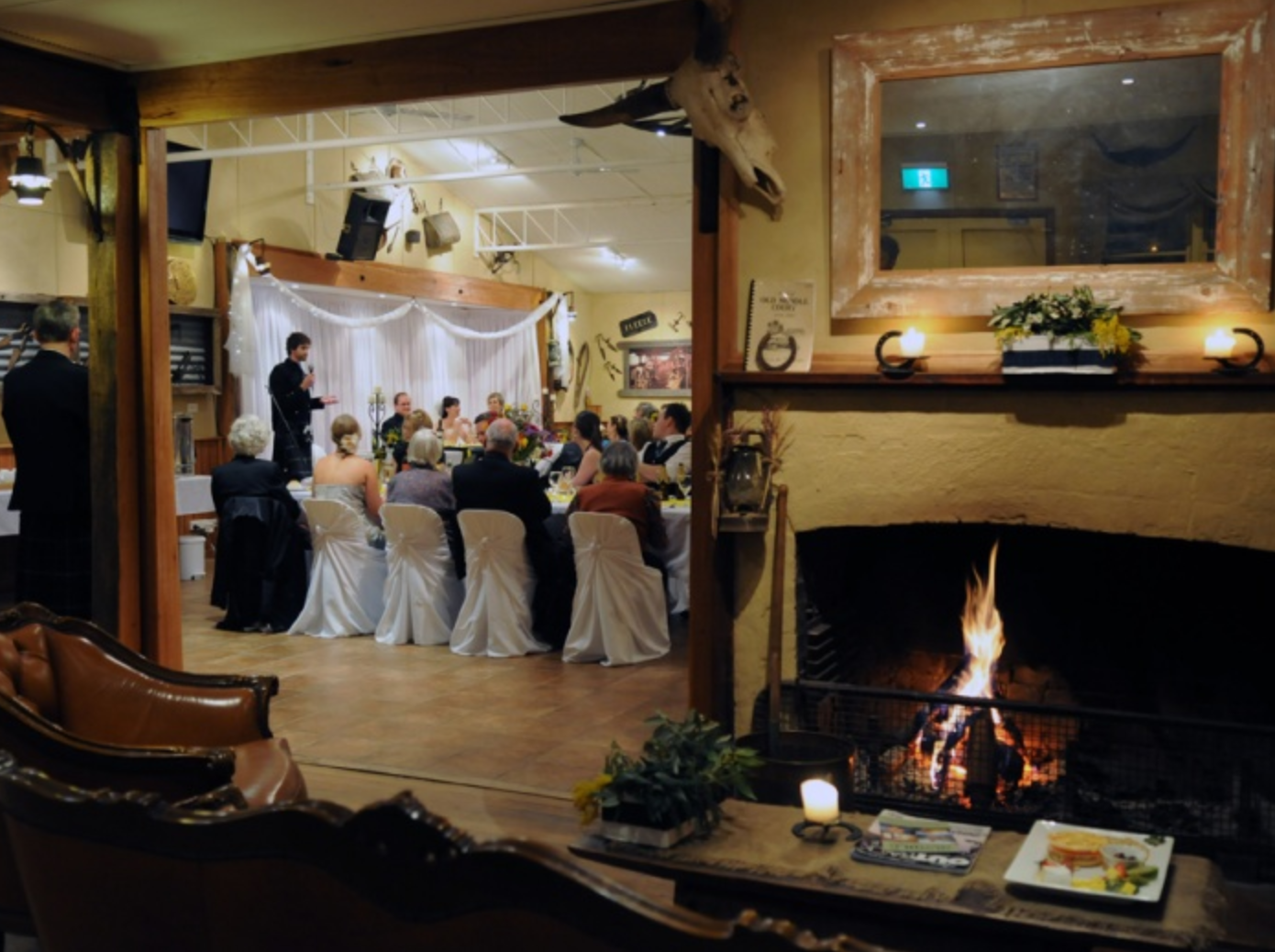
Sustaining people’s lives and society is also one of the 3 pillars of sustainability.
Retaining existing buildings has positive emotional, social & communal qualities as they are symbols of history, identity, continuity & cohesion.
The patina & craftsmanship of old materials is not possible to replicate authentically in modern times.
Sustainability is one of THE issues of the 21st C encompassing the inter-related worlds of society, nature & the economy.
Accommodari ® showcases the positive sustainability attributes inherent in the reuse of buildings, with reduced impact on the environment.
Heritage awareness and the demand for boutique tourism are both evident in adapted accommodation which enhances sustainability
During research for a Masters of the Built Environment, I was inspired by the history of one of Sydney’s most charismatic hotels The Lord Nelson in the historic Rocks area which started life in 1836 as a private residence, converting to a hotel in 1842.
This inspiration lead in early 2020 to the creation of Accommodari ® to showcase the extraordinary collection of unique places to stay adapted from heritage buildings, which is a truly global phenomenon.
The name Accommodari is Latin for adapt or adjust and captures the concept of accommodating history.
The other inspiration was that these fabulous buildings have holistic sustainability qualities that contribute to sustainable tourism industry & the built environment.
I hope you will enjoy and be inspired by Accommodari as my legacy to the hospitality industry I have been honoured to serve for over 40 years.
Stephen Holliday
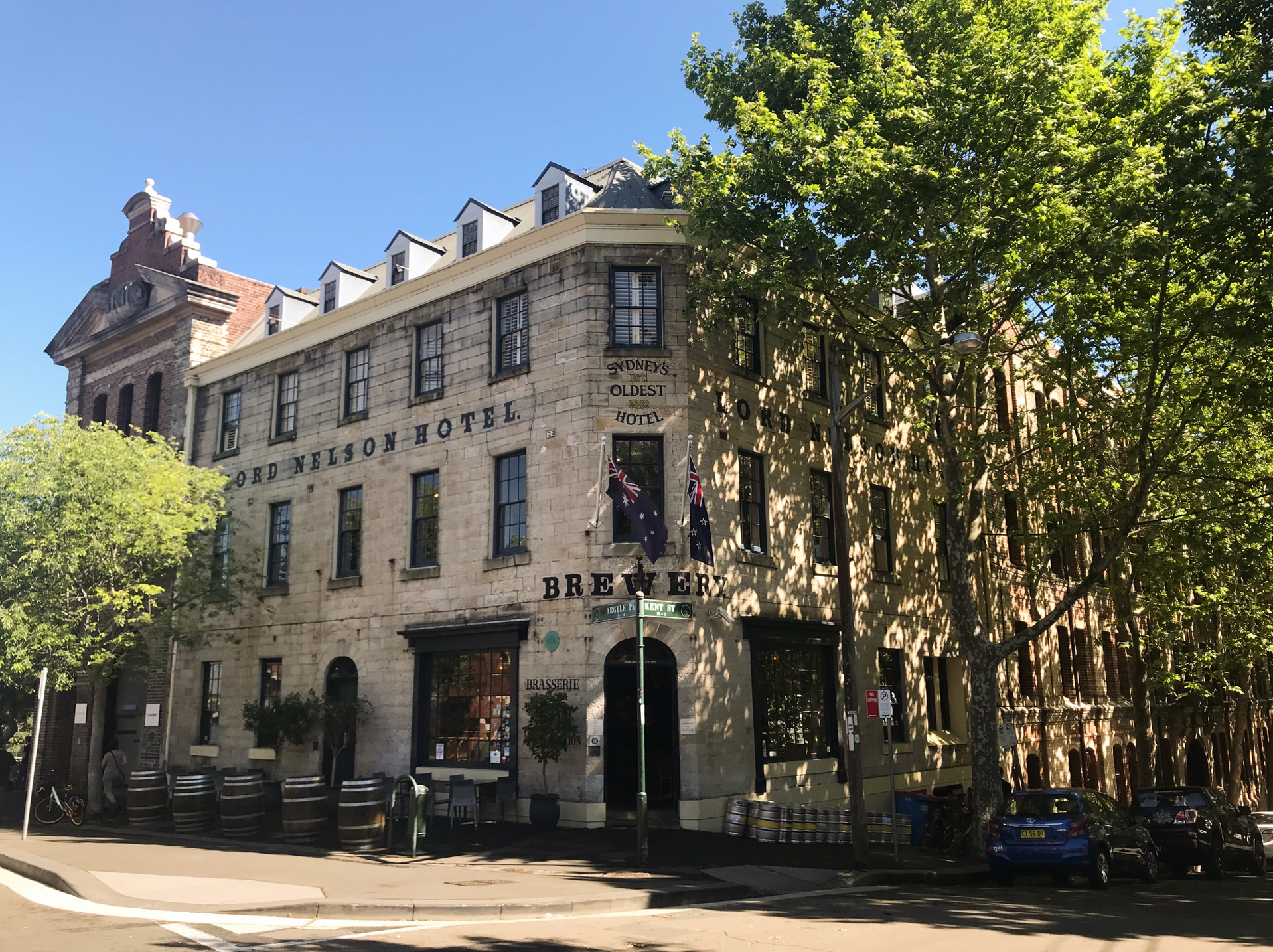
Indulge your passion for discovery of new places or rediscovery of familiar places
with one of these wonderful properties in the Accommodari collection